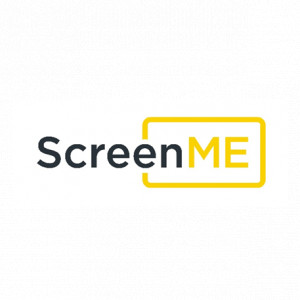 \
&
Contact us
\
&
Contact us
 \
&
Contact us
\
&
Contact us
A "cookie" is a small file that is places on the disk of your device (computer, phone, tablet) by a website. The main function of a cookie is to differentiate one user from another. You'll often see cookies on sites where a login is required. A cookie will keep you logged in while using the site.
If you want to find out more, check this excellent explanation of the Consumentenbond (in Dutch).
This site uses cookies (and similar technologies) to save your preferences, so that we can offer a personalised, thus better, experience. The information that is saved in these cookies is encrypted and can only be read (again) by this website. And this, only when you are active on the site.
At the moment, we use the following cookies:
The first two cookies are essential cookies (to protect forms and to keep session information for logged in users), for which we don't need your permission. The last cookie is only saved when a user chooses for this option.
We don't use cookies of third parties (like Google Analytics of Facebook,…). Because we don't have an impact on the reach of their cookie policy statements, nor on the concrete content of their cookies.
As a result of the GDPR legislation, websites from the EU are obliged to provide information about the cookies used and request permission when a non-essential cookie is placed on your disk. This policy informs you clearly (and completely) about which cookies we use and why we do this.
Since we do not use non-essential cookies, you will not see a cookie banner to enter preferences.
Also be aware that you can always adjust your browser settings if you prefer to refuse certain cookies. Keep in mind that this can lead to a less good user experience.
Below you can find the information about cookie settings in the most commonly used browsers:
- Cookie settings in Google Chrome
- Cookie settings in Apple’s Safari
- Cookie settings in Mozilla Firefox
- Cookie settings in Opera
Additionally, you can resolutely block all cookies by ticking the settings for refusing cookies in your browser. However, if you do this, it will result in you no longer being able to use the website.
If you still have a question (or suggestion) related to our cookie policy, don't hesitate to send an e-mail to info@ncpflanders.be.

The Horizon2020 twinning project ScreenME has as its objective to enhance excellence in screen media entrepreneurship at Tallinn University (TLU). To do so, ScreenME has established a network of universities across Europe that aim to improve research into and teaching of entrepreneurship for the screen media industry. ScreenME will develop a teaching course and will kick off research initiatives and projects on entrepreneurial activities in media organisations. The research group on ‘Studies in Media, Innovation and Technology (SMIT)’ of the Vrije Universiteit Brussel (VUB) is partner in the network and is involved in two cross-cutting activities of the project: support for early stage researchers and developing stakeholder involvement.